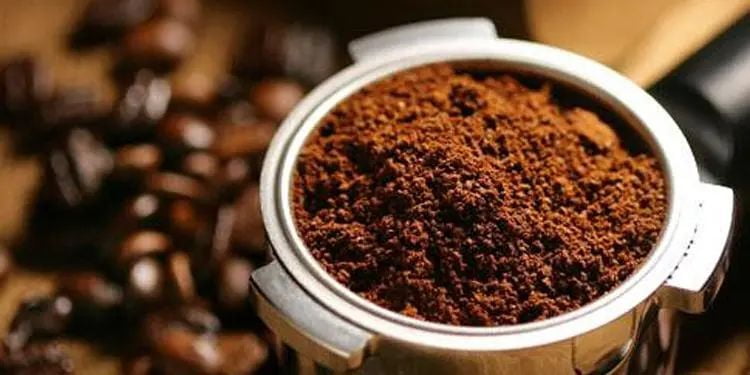The large accumulation of organic waste from communities or restaurants can be a source of other bio-based products and high quality secondary raw materials. Recently, a project called WaysTUP has been dedicated to these materials and their possible further uses.
One of the first results is a bio-based cling film made from coffee grounds. Coffee is also a popular beverage in Germany: in 2022, the turnover of coffee is 4.77 kg per capita. In the UK, the per capita consumption is 2.8 kg, but the British love for coffee is still great and generates a lot of organic waste in the form of coffee grounds. Coffee is one of the most popular beverages in many countries. High consumption rates also mean large amounts of coffee grounds and organic waste.

Can't we keep this organic waste in circulation and continue to use it further? This is the core issue raised by WaysTUP! A project that targets not only coffee grounds, but other types of waste as well. Overall, the goal is to raise community awareness of potentially reusable materials and circulation. In the long run, these projects should find new possibilities of use and then set up collection systems.
A total of 26 research centers, local authorities, companies and city networks are involved in the project and are looking for solutions in different materials. Now, a product turns coffee grounds into a raw material for cling film.
Coffee grounds are collected from restaurants in the UK by Bio-Bean, the world's largest coffee waste recycler. This bio-based waste is then processed by Aimplas, a Spanish plastics technology center, and transformed into bio-based plastic packaging.
Waste material becomes reusable
Coffee grounds can be used as a polymer for cling film or as a raw material for the coffee oil cycle. The project is to find a new value creation chain for municipal organic waste. To achieve this goal, coffee grounds are used not only to obtain polymers for the manufacture of cling film, but also for the manufacture of plastic packaging.
Aimplas project manager explains that WaysTUP! is a clear example of how organic waste can play an important role in the transition to a circular economy by tapping its potential to become a source of high-value secondary resources. In our case, we are turning coffee waste into plastic wrapping paper.
Aimplas' project has created a PHA (polyhydroxyalkanoate) biopolymer that can be further processed using extrusion. This makes it possible to produce bio-based plastic packaging for different types of flexible packaging. the PHAs are also biodegradable. Since 2019, the Plastics Technology Center has been part of WaysTUP! and is working on the use of coffee grounds as a packaging material.

